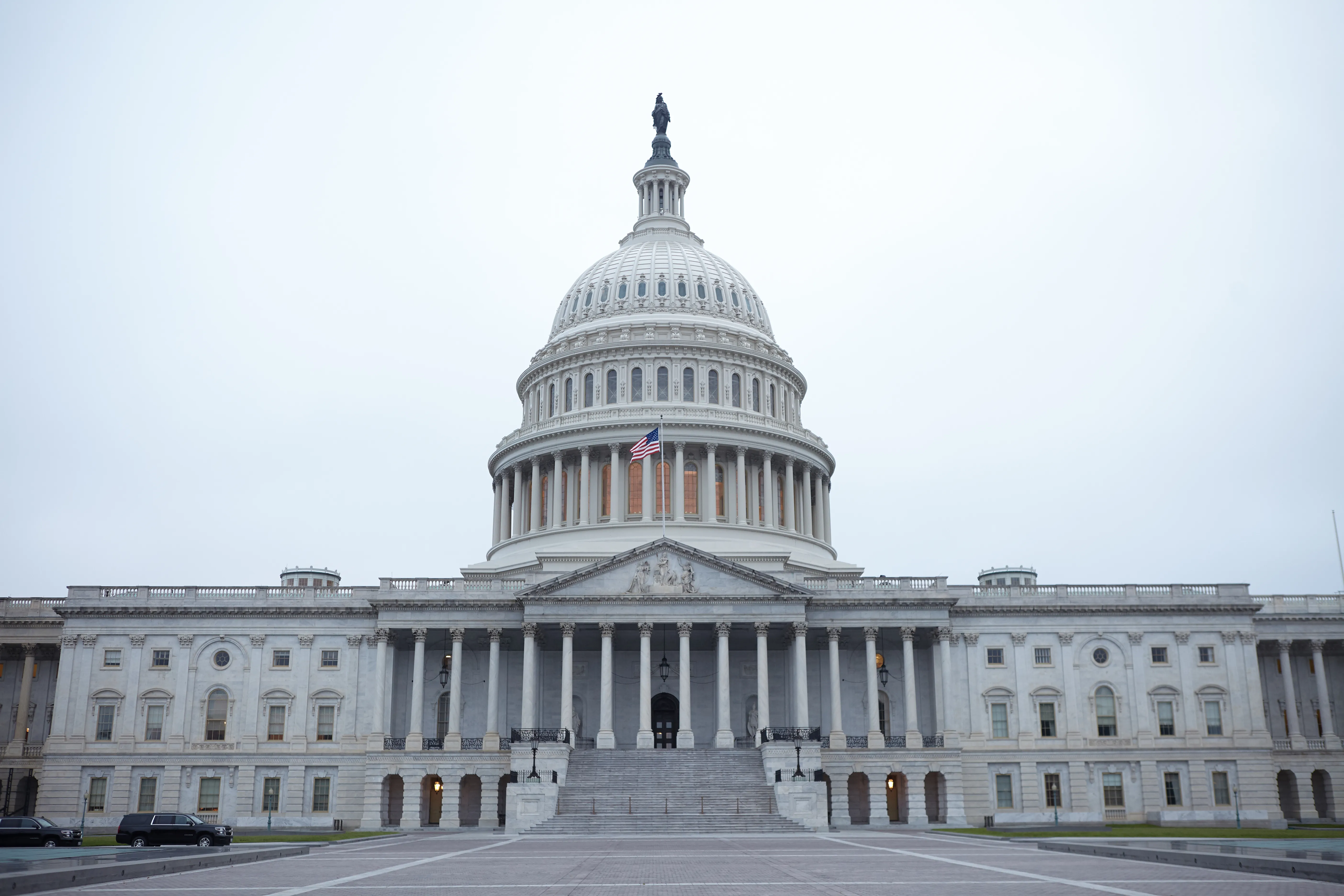
Cardiologists suggest heart-healthy holiday travel plans
Click play to listen to this article.
(Missouri News Service) AAA is projecting a record 7.5 million air passengers will travel over the next two weeks. Cardiologists and the American Heart Association suggested some pre-travel planning for people living with heart disease or stroke risks, and other chronic health conditions.
Cold temperatures and elevation can affect oxygen levels and circulation, and put extra strain on the heart.
Dr. Kim Perry, chief medical officer of Valor Health, said if your doctor said it is safe to travel, make a medical list -- and check it twice -- before heading out.
"Make sure your medications are clearly labeled, including dosages and pharmacy information, and you have enough for your entire trip; take more, just in case," Perry advised. "If you're on a plane, be in an aisle seat if you take a water pill or diuretic. If you're going to be sitting for a long period of time, compression socks may be suggested."
Perry added if you start to feel bad in transit, it is vital to notify travel and medical staff immediately. And for all travelers, she suggested staying hydrated, do not overindulge in food or drink, know your physical activity limits, pace yourself and rest as often as you need while on vacation.
Perry recommended patients who have had cardiac events within the past six months to clear any travel with both their primary and cardiac doctors. If you have an implanted device or use a special machine, like a C-PAP, talk to airlines, train or bus companies or cruise ships about what they allow, and know how to go through security checks properly. It is also important to keep device information cards with you.
"You don't need to avoid travel at all," Perry pointed out. "Just take the steps to prepare for a successful, fun trip and enjoy the holidays."
The Framingham Heart Study -- the longest-running and largest study of its kind -- suggested women who vacation at least twice a year reduce their heart attack risk by eight times compared to those who vacation no more than once every six years. And men who vacation are 30 percent less likely to have heart attacks compared to those who do not take time off.
















